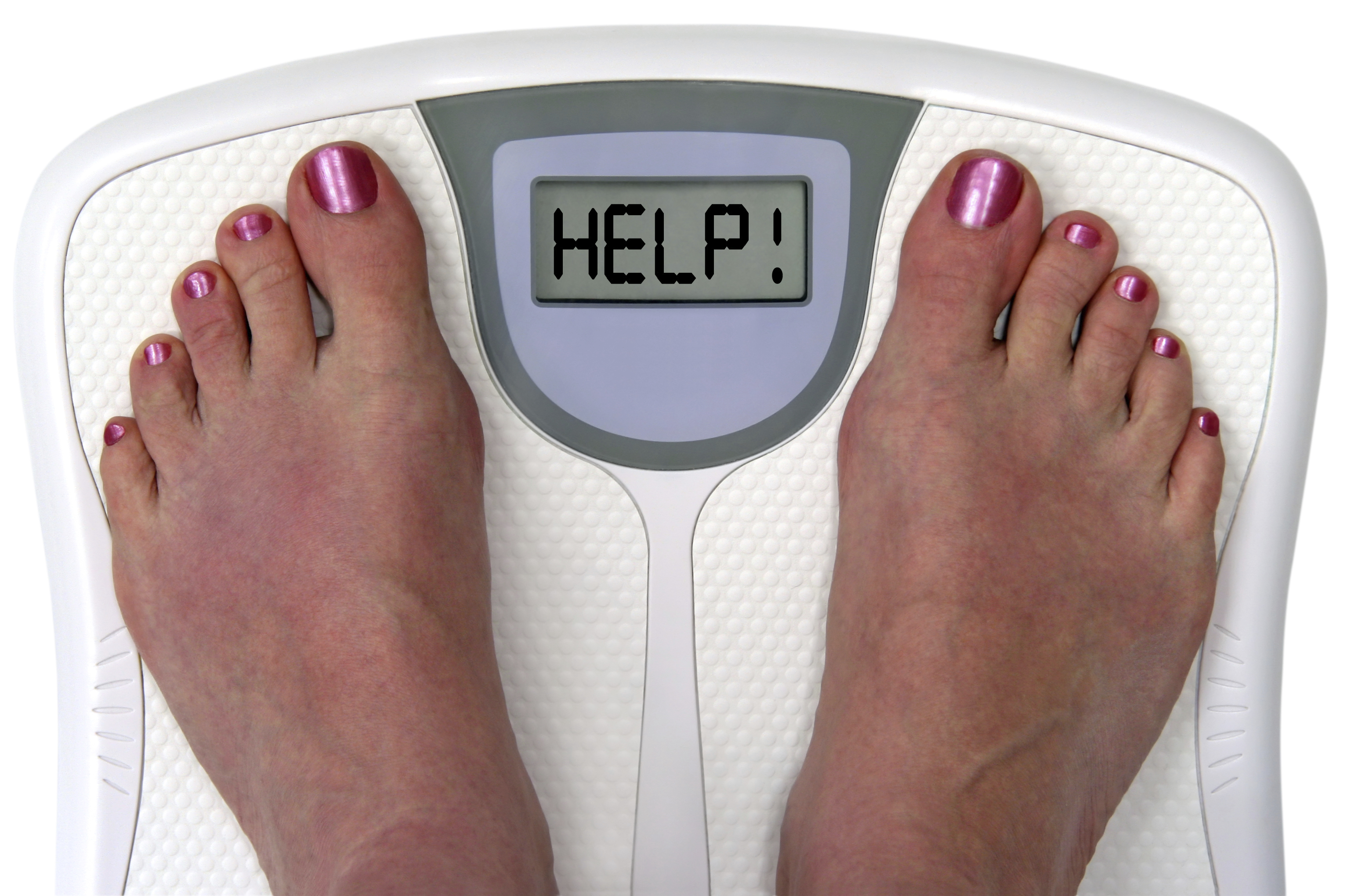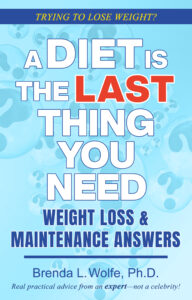Weight, Diets, & Fake Science
If you have ever felt the need to lose weight, chances are you have dieted. And if you have dieted and are reading this blog, chances are you were not pleased with the long-term result of the diet.
Over the past century as obesity rates have increased, so has preoccupation with weight control. With so many people talking about it, the amount of misinformation has exploded and all that interest has led to a huge market for weight loss products and services. Further, with so much money to be made, there is a super-sized helping of disinformation heaped on top of the misinformation. The bottom line is that much of our social media “informative” feed is fake science.

Why Myths Persist
Which takes us to today’s topic, Weight Loss Myths. As I said in 10 Eating Disorder Myths & Why Truth Matters, repeatedly hearing something makes it sound familiar, so familiar that it starts to feel like “common knowledge” and we accept it as truth whether or not it is. In other words, it takes on mythical power.
Buying into a weight loss myth does more than cause a temporary detour into a dead-end. The myth survives because you (and others) believe in it. Hence, when it doesn’t result in the outcome you expect, you conclude that ‘failure’ is due to something about you and not that the myth is simply stupid.
Why Truth Matters
For whatever reason you are trying to lose weight, if you base your efforts on fake science you will spend a whole lot of energy and money frustrating yourself.
Even more important is that many of the weight myths out there can harm you—both physically and emotionally.
7 Weight Myths & Truths
Myth # 1: Weight loss solves problems.
Truth: Weight loss makes you weigh less. That is the only guaranteed outcome of losing weight. The reality is that although you may blame your weight for some of your problems, losing it won’t solve them.
A change on your scale will not make your boss more appreciative of you, nor make your spouse more considerate. Nor will weight loss cause your friends to be kinder, or your children better behaved. Weight loss also won’t make your anxiety or depression go away. If you are truly overweight or obese, there are indeed advantages of losing weight, but they do not include solving life problems.
Myth # 2: You cannot be healthy and overweight at the same time.
Truth: The truth around this is a little complex. Overweight and obesity are themselves medical conditions. Yet one can be overweight or obese without having any other health problems. So technically, one can be healthy and overweight/obese.
However, the labels of ‘overweight’ and ‘obese’ are based on how much one’s weight increases the probability of developing other illnesses. That means the excess weight you carry makes it more likely that you will become ill; in some cases more than doubling your chances of severe illness. So, the truth here is that you can indeed be overweight or obese and healthy right now, but the excess weight makes it more likely that you will become sick in the future and die prematurely.
Myth # 3: Overweight and obesity are caused by overeating.
Truth: This is another complicated point. It is true that you can only become overweight by taking in more energy (calories) than you expend. However, there are a lot of things that affect the way your body converts food to energy and the way it burns stored energy to fuel your activities. Your genetics, metabolism, medical conditions, and medications are just the more obvious factors that can tip the energy in/energy out equation for you.
If you are struggling to lose weight, the critical first step is to do a careful assessment of your likely genetic makeup, consider your medical and lifestyle reality, and then set your goals accordingly. (A Diet is the Last Thing You Need walks you through this in the Foundation chapter.)
Myth # 4: Being overweight means you are lazy.
Truth: The only thing being overweight means is that you weigh more than is medically recommended. Your weight says nothing about how hard you work. This myth is based on another myth that says the only cause of overweight is eating too much and doing too little. That is incorrect.

Myth # 5: You have to give up junk food to lose weight.
Truth: First of all, let’s talk about what “junk” food is. I’ll bet if we asked 10 random people walking down the street to define it, we would get 10 different answers. For our purposes, let’s agree to define junk food as foods that are high in calories and/or sodium and offer little in the way of nutrition.
If you eat a lot of this sort of food, it is true that cutting it out may help you lose weight. However, answer two questions: (1) Do you eat these foods because you like them?, and (2) How long do you think you would be able to not eat foods you like? If you answered yes to the first question, the second answer is likely “not long.”
In my clinical practice, the most common outcome I see when people swear off their favorite “junk food,” is relapse and regain. It is much more effective to figure out how to include these foods in your lifestyle in a healthy fashion.
Myth # 6: Dieting is the only way to control your weight.
 Truth: Wrong, heck wrong! Diets, as defined by popular usage, are artificial eating plans designed to cause your body to burn adipose tissue—usually by causing a negative energy balance of one sort or another. While they can indeed cause weight loss, diets simply do not work if your goal is lifelong healthier weight. In addition to what and how much you eat, there are a host of other behaviors that affect your ability to maintain a healthy weight. In A Diet is the Last Thing You Need, you learn to gently shape your thoughts and actions to make weight management a natural result.
Truth: Wrong, heck wrong! Diets, as defined by popular usage, are artificial eating plans designed to cause your body to burn adipose tissue—usually by causing a negative energy balance of one sort or another. While they can indeed cause weight loss, diets simply do not work if your goal is lifelong healthier weight. In addition to what and how much you eat, there are a host of other behaviors that affect your ability to maintain a healthy weight. In A Diet is the Last Thing You Need, you learn to gently shape your thoughts and actions to make weight management a natural result.
Myth # 7: If you do everything right, you can control your weight.
Truth: The truth is that even if you do everything right—even all the recommendations in my book—you cannot control your weight. Our body weight is the result of all the genetic and physical things we are, and all the behaviors we do. The only things you can control are your behaviors. If your actively manage those, your weight will follow.


